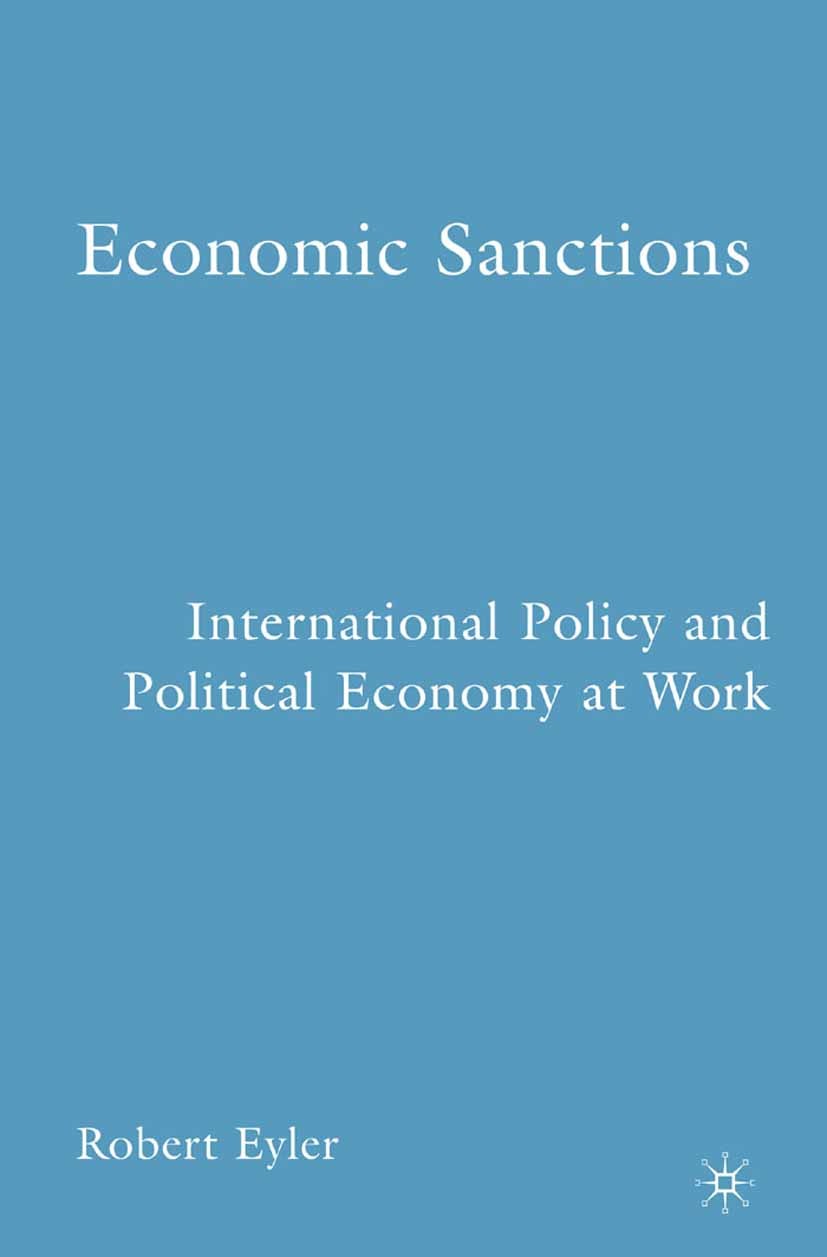| 书目名称 | Economic Sanctions | | 副标题 | International Policy | | 编辑 | Robert Eyler | | 视频video | http://file.papertrans.cn/302/301791/301791.mp4 | | 图书封面 |  | | 描述 | This book looks at economic sanctions, using a political economy foundation. The author investigates the effectiveness of sanctions and the human suffering caused by them from a political and economic vantage, addressing political decisions, case studies, and game theory explanations, as well as discussing the future of sanctions as statecraft. | | 出版日期 | Book 2007 | | 关键词 | economics; economy; foundation; game theory; macroeconomics; political economy; science and technology; suc | | 版次 | 1 | | doi | https://doi.org/10.1057/9780230610002 | | isbn_softcover | 978-1-349-53538-5 | | isbn_ebook | 978-0-230-61000-2 | | copyright | Palgrave Macmillan, a division of Nature America Inc. 2007 |
The information of publication is updating

|
|
 |Archiver|手机版|小黑屋|
派博传思国际
( 京公网安备110108008328)
GMT+8, 2025-12-25 17:03
|Archiver|手机版|小黑屋|
派博传思国际
( 京公网安备110108008328)
GMT+8, 2025-12-25 17:03


